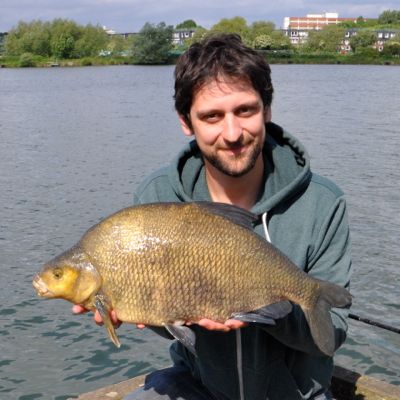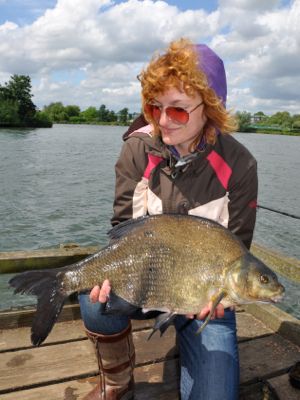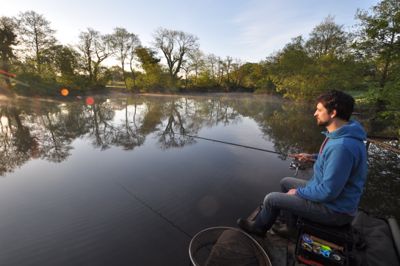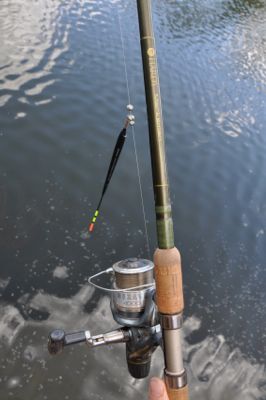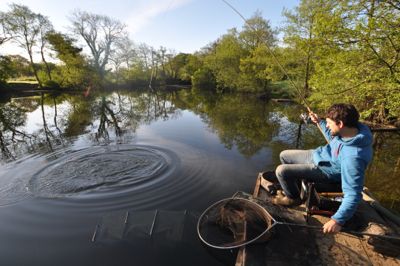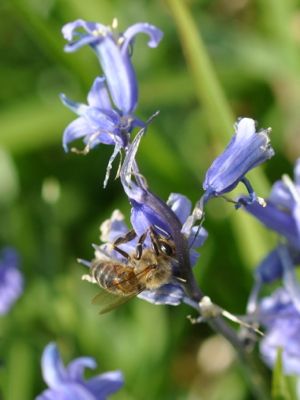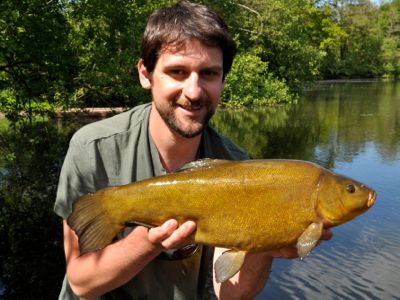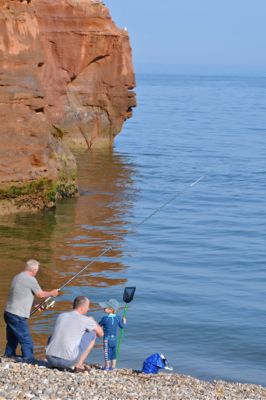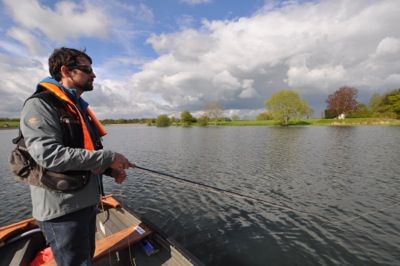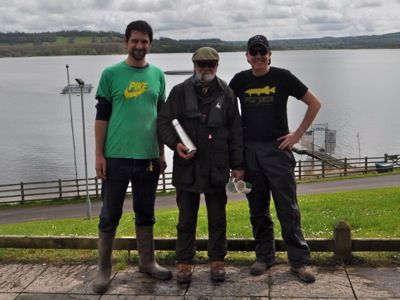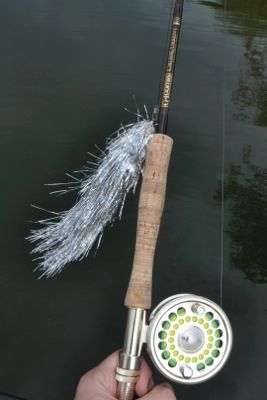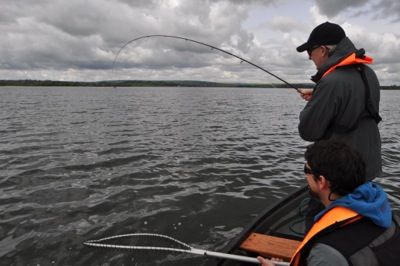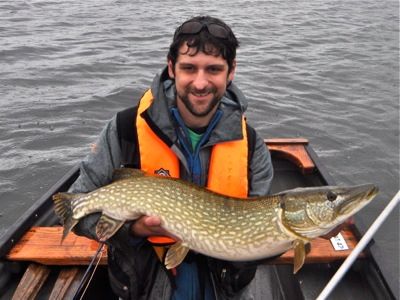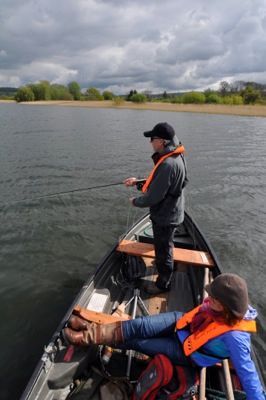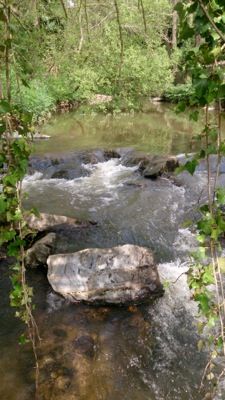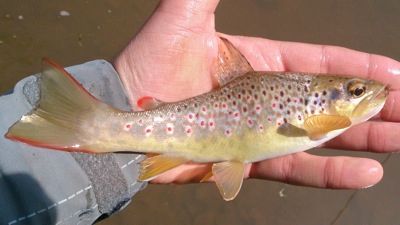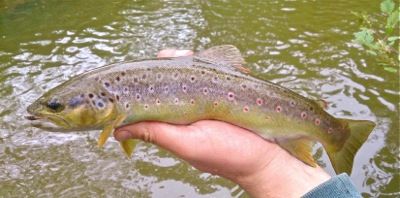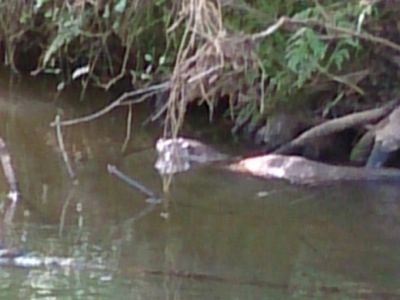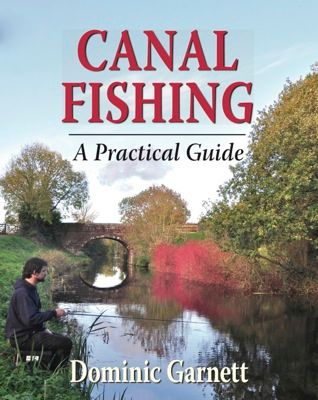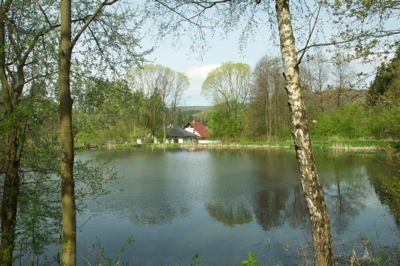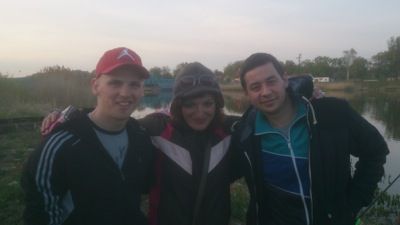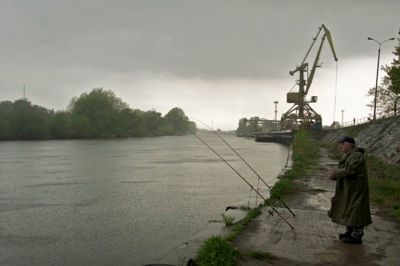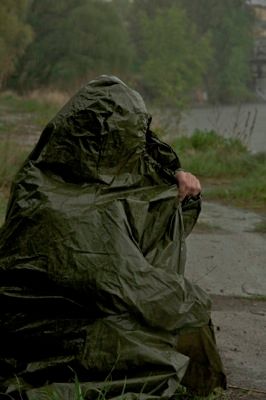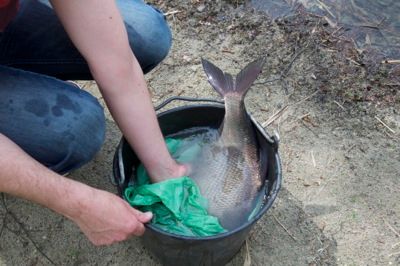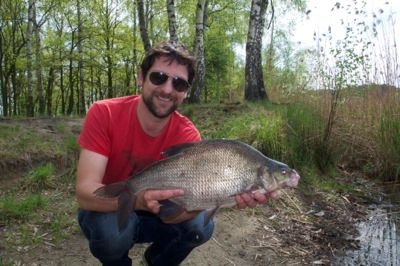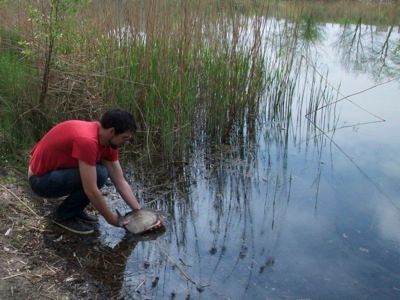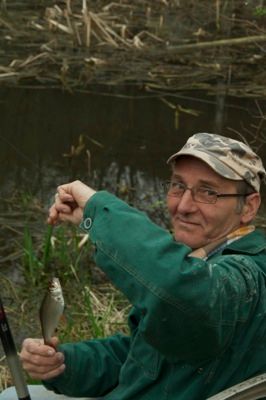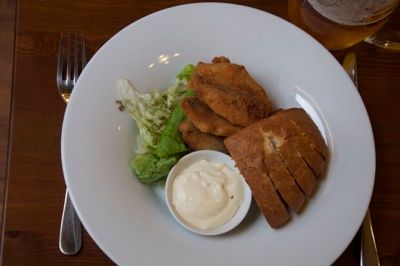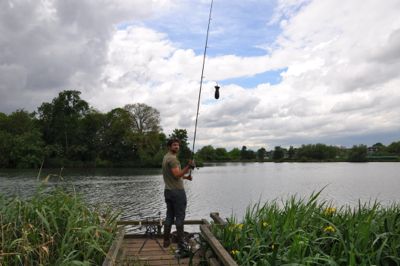
Recent travels have led to some really exciting fishing. And while it might not be the main reason I go fishing, the prospect of the odd much larger than usual sample has only added to the spice. What constitutes a "big" fish to any of us? It's one of the most misleading (and often pointless) topics in fishing, because it's entirely relative to what you know, and more specifically the venue where you've chosen to park your backside.
When that venue happens to contain fish that dwarf your local samples, things do get exciting- which was exactly the case on a trip to north London.
Big waters can be daunting, but with my host Will Barnard pointing me in the direction of a reliable area I was hopeful of finding the fish at some point. The first vital concern was to introduce a good carpet of bait, since big bream can demolish a serious amount of food and won't stick around for long if you've only offered them a starter.
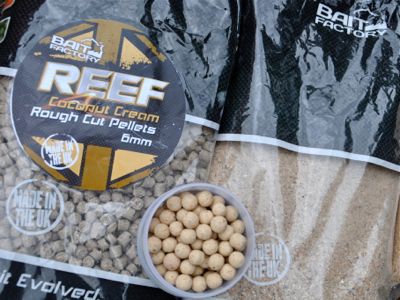
I decided to be nice and positive with my feed, with two kilos of pellets and lots of random particles, along with about four kilos of ground bait (50/50 Bait Factory Krill and Crab/ Brown Crumb). At sixty yards or more this is a challenging task in itself. You could be there for a week with a swim feeder so out came my spomb set up, which is a great way to feed accurately a long way out and admittedly quite good fun until you hit cast number fifty something.
Nor did it take massively long to get a response, because within two hours the first fish intercepted a double 10mm boilie hook bait. In typical bream fashion it didn't exactly run like fury but the bend in the rod suggested something heavy, before I caught first sight and had a moment of revelation along the lines of "holy shit that's a pretty big bream."
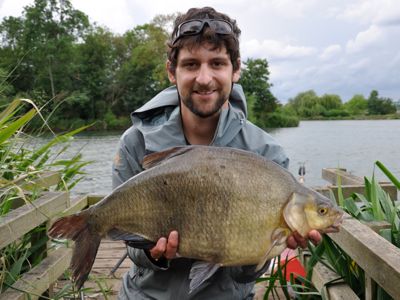
It was bigger than any bream I'd ever laid eyes on anyway, so I had to weigh it. At 10lbs 12oz, this was comfortably my best ever. And the indicators dancing almost immediately after a recast suggested the show was still warming up. A boilie tipped with a worm was quickly grabbed by bream number two, a male which I didn't weigh but looked around eight pounds and actually fought harder than its big sister:
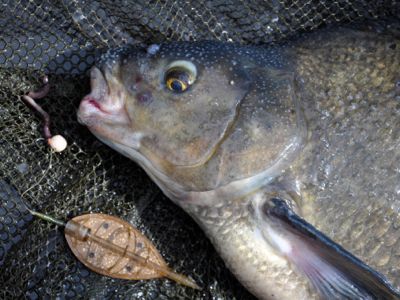
It's always nice to catch the fish you wanted early, so you can totally relax. In fact my next concern was whether it would be sensible to night fish and possibly forgoe all ideas of sleep, given the number of fish showing. I opts to add some bigger boilies for carp, saving the real onslaught for first light. It was a plan that resulted in some peaceful sleep at least- which is the civilised thing to do when you have your girlfriend also bivvying up. A beautiful sunset it was too, with all the gear drying out after some serious thunder showers in the afternoon.
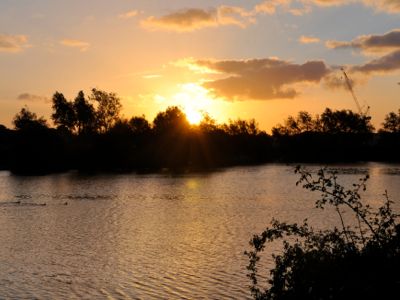
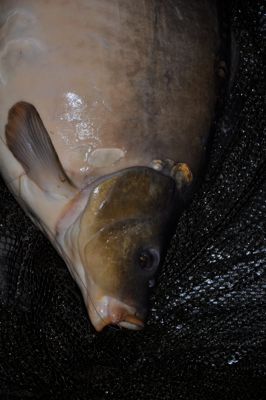
A phenomenally fat "football" bellied carp did show up in the night (although a few yards down the bank I'd also bumped into Dean Macey who managed a thirty in the night!). The action for me really began to kick off at first light though, when I crept out to send out another good helping of bait. This did the trick again- and while I could bore you with the exact details of everything, a summary will do nicely. Rigs were a piece of piss: a two ounce method feeder with a three inch hook length worked best, with the winning bait two 10mm Bait Factory Coconut Cream boilies. Tipping the bait with half a worm also seemed a good way to get bites quicker- and I always like some extra wriggle, especially when the fish have a real carpet of similar baits to choose from. On the techy side, long range fishing needn't be rocket science either: fancy running rigs are fairly pointless once you have sixty plus yards of line out, with semi-fixed presentations nice and positive. Back leads are equally unnecessary because all the line near the feeder will already be flat on the deck due to the great distance involved and the relatively flat angle of the line.
I did also try more conventional feeder rigs, but these needed watching a lot more closely for twitchy bites and some really exaggerated drop backs. No such trouble with the method feeder and some astonishingly positive bites! I had another few fish, including two over the ten pound mark at 10.9 and 10.3, while Paulina also landed a double of her own for good measure. Throw in a bottle of wine, an epic game of scrabble and a fried breakfast and it amounted to a very civilised overnighter.
